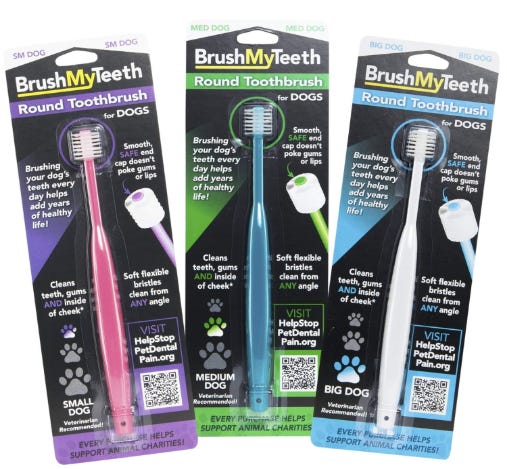ESA animals told to ‘sit’ home instead of flying
COVID-19 travelers may want to be aware of new travel pet rules

American Airlines confirmed it will no longer allow emotional support animals (ESAs) starting next week, according to CNN. While this would normally be met with a collective shrug for those who are social isolating, the holiday travel numbers confirm that nearly a million people traveled on Christmas Eve. However, the U.S. Department of Transportation already made a move to let ESA owners know that their dogs would not be treated like service animals anymore.
ADVERTISEMENT ~ Amazon
As an Amazon affiliate, I earn a percentage from purchases with my referral links. I know some consumers are choosing to boycott Amazon for its DEI removal. However, after thinking about this thoroughly, I want to continue promoting cool products from small businesses, women-owned businesses and (specifically) Black-owned businesses who still feature their items on Amazon. As of the first date of Black History Month 2025, each new post will ALWAYS include a MINIMUM of one product sold by a Black-owned business. (I have visited the seller’s official site to verify that Amazon Black-owned logo.) I am (slowly) doing this with older, popular posts too. If you still choose to boycott, I 100% respect that decision.

In December, USDOT announced that it was revising its Air Carrier Access Act (ACAA) regulation for service animals by air “to ensure a safe and accessible air transportation system.” So what’s changed? Plenty.
Recommended Read: Chelsea, Kwame doesn't like your dog Rocky ~ And six other warnings for people who date anti-pet people
Psychiatric service airlines are still protected the same as other service animals. Airlines are allowed the option to require forms developed by the Department of Transportation “attesting to a service animal’s health, behavior and training.”
ADVERTISEMENT ~ Amazon
As an Amazon Affiliate, I earn a percentage for each purchase with my referral links.

However, there are some rules that could be problematic for service animal owners. For example, on long flights, service animals may not be given the option to relieve themselves — or can only do so in a “sanitary manner.” And big dogs could pose a problem, considering airlines can require a service animal to fit within its handler’s foot space on the aircraft. (ESAs can come in many shapes and sizes, along with service animals — including miniature horses.)
Recommended Read: “Steps for getting an emotional support dog ~ Residents, here’s how to get an ESD in a building with a no-pet policy”
So why did ESAs get ditched in the new rules but service animals still make the cut? USDOT felt that this approach “reduces confusion among airlines, passengers, airports, and other stakeholders by more closely aligning the Department’s definition of a service animal under the Air Carrier Access Act with DOJ’s definition of a service animal under the Americans with Disabilities Act.”



